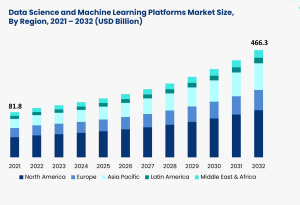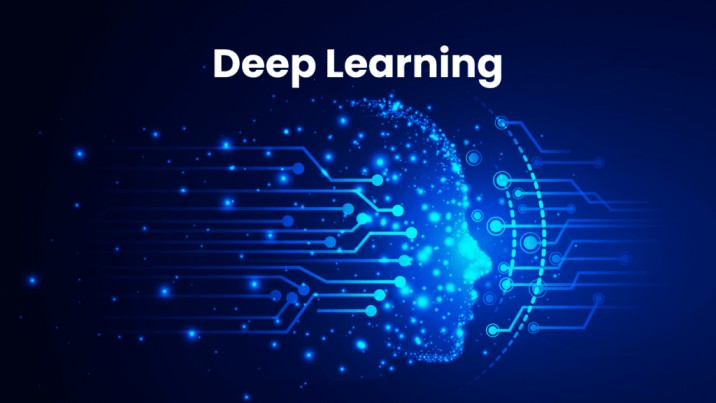According to the US Bureau of Labor Statistics, the field of data science research is anticipated to expand at a rate of 22% between 2020 and 2030. This suggests that data scientists can still be assisted by machines, but that their workload can be lessened with the use of artificial intelligence (AI) and other automation techniques. Advances in artificial intelligence, large data, and computing power are driving tremendous promise for the fields of data science and machine learning. Improved predictive analytics, more effective data processing, and creative applications in sectors like banking, transportation, and healthcare are all to be expected. Explainable AI, automated machine learning (AutoML), and deeper connectivity with IoT devices are examples of emerging themes. Strong, open, and equitable AI systems must be developed as data privacy and ethical issues become more significant.
Why is Machine Learning Important?
Data is the fundamental record or lifeblood of any business, industry, or organization, and as it evolves, so does the need for and significance of it. Machine learning is necessary for data scientists and engineers because of this factor. This technology makes it quick and easy to assess risk indicators and evaluate vast amounts of data. The methods used in data engineering for processing, extracting, and interpreting data have been altered by machine learning.
Why Should You Choose Machine Learning as a Career?
Machine Learning has evolved into the driving force behind numerous enterprises. It fuels everything from innovation and the customer experience to the future of healthcare. Machine Learning has the ability to transform the way we live and work, as well as enable people to make better decisions, solve problems, uncover new breakthroughs, and address some of the world’s most important concerns. You can contribute to this transition by pursuing a Machine Learning profession. Choosing Machine Learning means becoming an expert at bringing about good change. As you may equip executives with the information they need to make sound decisions, propel organizations forward, inspire community change, and so much more.
Career Growth in Machine Learning:

In general, there is a boom in employment related to computers and information technology, with 15% growth expected between 2021 and 2031. In particular, the World Economic Forum’s Future of Jobs Report 2023 states that “as the usage of AI and machine learning drives continued industry transformation, demand for AI and machine learning specialists is expected to grow by 40%, or 1 million jobs.” Demand for data scientists is increasing and is projected to continue in the future years. As the amount of data collected grows, firms in a variety of industries need expertise to assist them in making sense of it. There are numerous prospects for growth and advancement in this sector.
CURRICULUM
Foundations of Data Science and Statistics
- Statistical and Probabilistic
- Introduction to Data Science
- Preparing and cleaning data
- Investigative Data Examining
- Strategies for Data Visualization
Fundamental Ideas in Machine Learning
- Learning Under Supervision (Regression and Classification)
- Unsupervised Learning: Dimensionality Reduction and Clustering
- Assessment and Validation of the Model
- Regularization and Overfitting
- Engineering Features
Advanced Methods for Machine Learning
- Deep Learning and Neural Networks
- Natural Language Interpretation
- Analysis of Time Series
- Methods for Reinforcement
- Learning in Ensembles
Tools and Useful Applications
- Programming with R and Python
- machine learning frameworks
- Big Data Engineering (Spark, Hadoop)
- Model Deployment and Manufacturing
- Ethical and Conscientious AI






